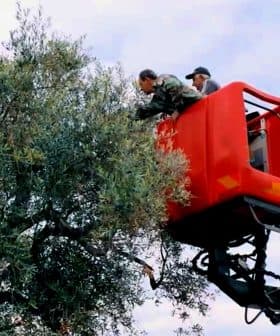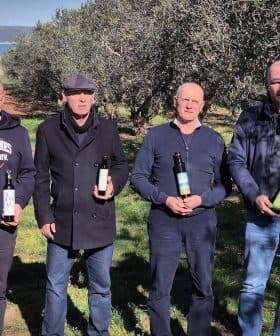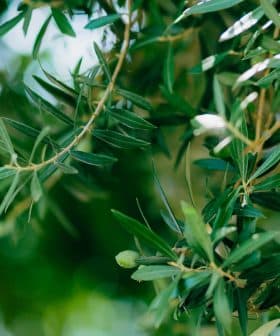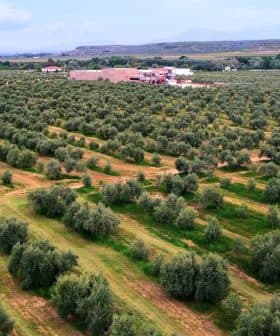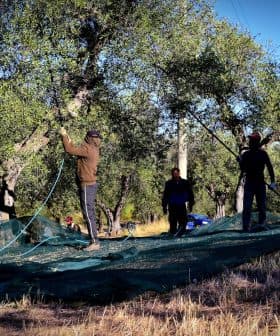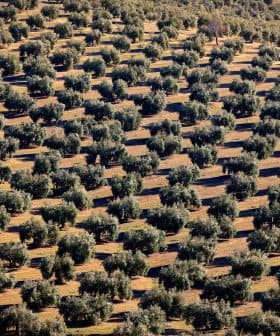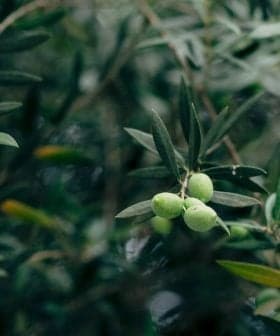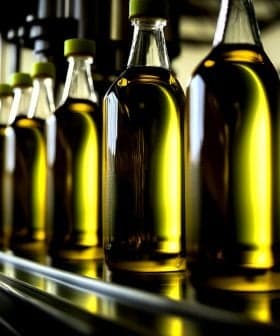Unidentified Issue Triggering Early Fruit Drop in Northern Italy
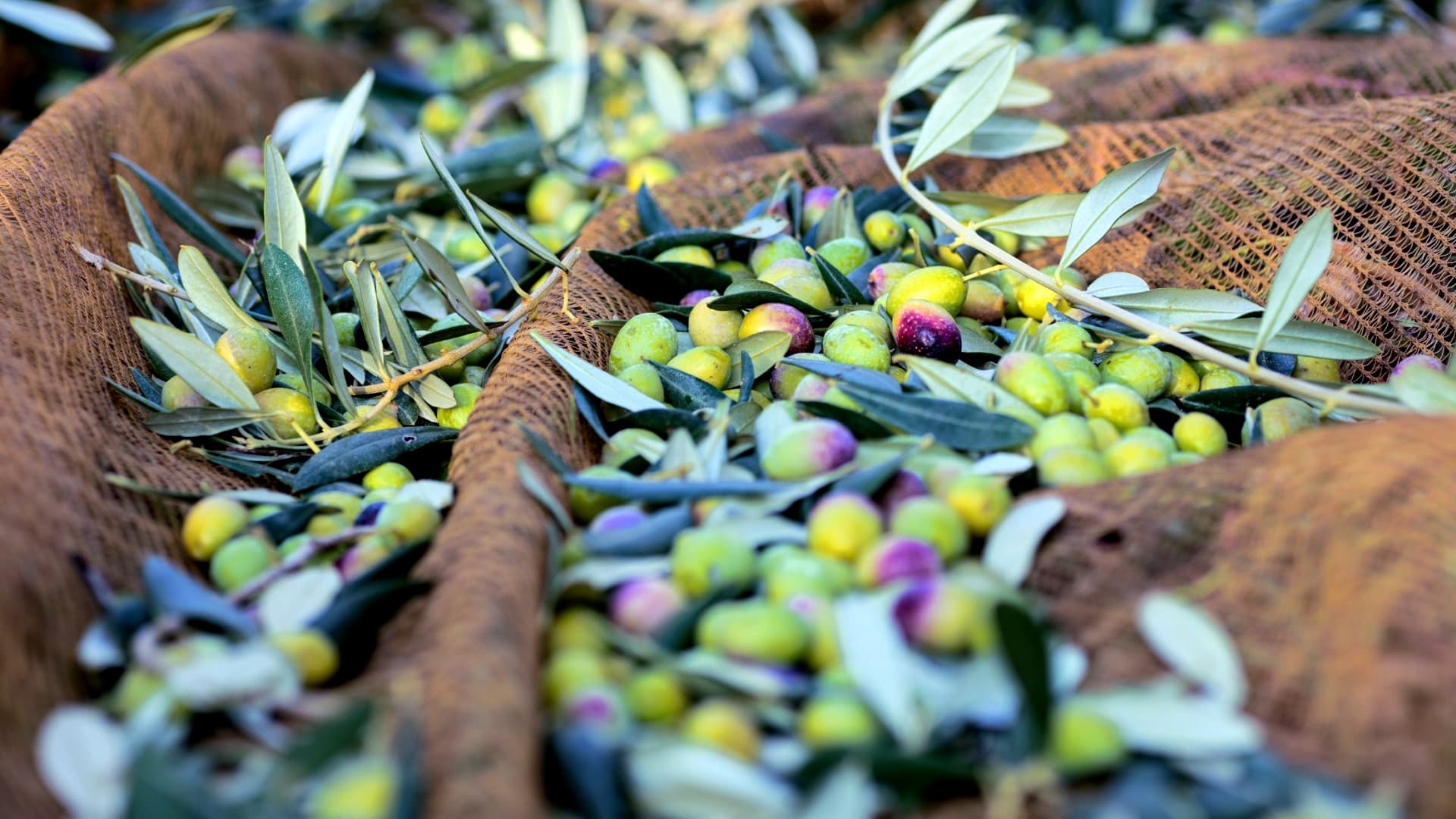
Premature fruit fall in olive trees in northern Italy, primarily affecting the Frantoio variety, is believed to be caused by a combination of environmental factors, including extreme heat and heat stress. The phenomenon is being studied further to develop effective management strategies for olive growers in the region.
Since the second week of August, olive trees in northern Italy have been experiencing premature fruit fall.
The phenomenon primarily affects groves of the Frantoio variety, although some instances of Grignano olives being affected have also been reported.
The groves in question have little in common other than their genetics. They are located at various altitudes and in differing environments. Additionally, farming practices vary between the affected groves, including the presence or absence of irrigation.
See Also:Olive Trees on Corfu Face Threat from Wood-Eating InsectsNo signs of damage from pests or disease have been identified, leading experts to posit that an as-yet-undetermined combination of environmental factors is to blame.
Frantoio is a Tuscan variety cultivated exclusively for its oil, the name itself translating from Italian as “olive press.” Known for their resistance to diseases such as Verticillium wilt and their general hardiness, Frantoio trees produce a pervasive root network that allows them to survive periods of drought better than many other varietals.
However, Italy experienced extreme heat this summer, just like many other Mediterranean countries.
Starting July 15th, Italy was under an anticyclone that originated in the Sahara desert for several weeks. By the second week of August, when this phenomenon was first reported, temperatures across the country’s north had reached 40 ºC, pushing the snowline to 5,000 meters.
Enzo Gambin, director of the Inter-regional Association of Olive Producers, told local media that this extreme weather may explain the premature fruit fall in the region.
“When olive trees are exposed to intense sunlight for a prolonged period, the temperature of leaves and fruit can increase significantly, triggering a state of heat stress,” he said.
“This phenomenon occurs because high solar radiation causes an increase in internal plant temperature, which in turn stimulates increased transpiration, a process by which plants lose water from leaf stomata,” Gambin added.
See Also:The Many Values in Recovering Abandoned Olive Groves in TuscanyTranspiration is a natural and vital process that serves many purposes, one of which is cooling. This is achieved in the same way that perspiration cools animals, reducing internal temperature through surface evaporation.
An imbalance occurs when the amount of water lost through transpiration is greater than the amount of water available or when it occurs faster than the plant’s ability to absorb available water.
Because water is critical for the correct function of everything from nutrient transportation to cell integrity, an imbalance can severely and rapidly impact a plant’s health. Various mechanisms can be triggered to mitigate this impact.
The first is the closure of leaf stomata to reduce further water loss through transpiration. However, this has the additional consequence of reducing photosynthesis, which reduces the amount of energy available to the plant.
When these circumstances persist for an extended period, more extreme mechanisms come into play, including the sacrifice of fruit, leaves, and even branches, to increase the chances of the plant’s survival.
Gambin believes that this may be what is occurring, although he added that pathological causes cannot be ruled out at this stage.
“Further studies and monitoring will be necessary to fully understand the specific causes of this phenomenon and to develop effective management strategies that can help olive growers mitigate the impact of fruit drop,” he said.


